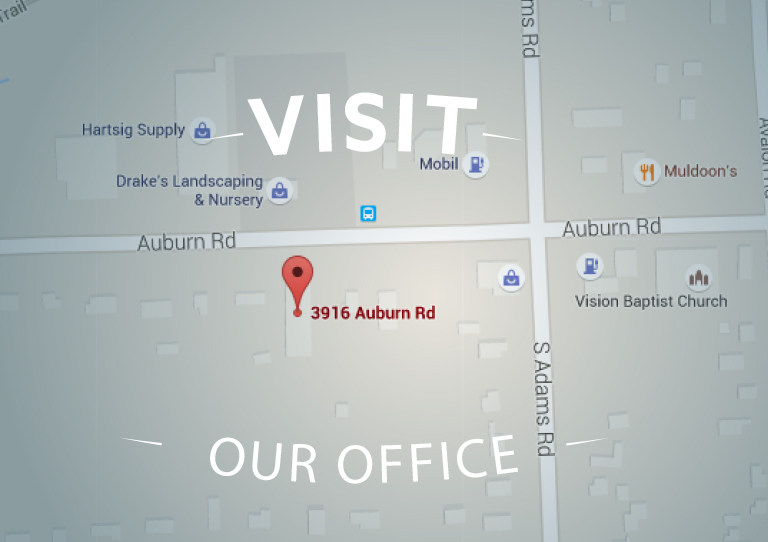 TMJ disorder describes a dysfunction with your temporomandibular joint (TMJ) on either side of your jaw. Unlike more common dental concerns, the disorder doesn’t always mean the same thing. For example, your jaw joints might become chronically inflamed, forced out of alignment, damaged, or arthritic, depending on the unique factors surrounding your condition. Because the condition itself can vary between patients, the signs and symptoms of TMJ disorder can also be different, which is partly what makes it more challenging to know if you have it. However, there are some common symptoms that are associated with several different types of TMJ disorder, and if you experience them, they may be a hint that your jaw isn’t functioning properly.
TMJ disorder describes a dysfunction with your temporomandibular joint (TMJ) on either side of your jaw. Unlike more common dental concerns, the disorder doesn’t always mean the same thing. For example, your jaw joints might become chronically inflamed, forced out of alignment, damaged, or arthritic, depending on the unique factors surrounding your condition. Because the condition itself can vary between patients, the signs and symptoms of TMJ disorder can also be different, which is partly what makes it more challenging to know if you have it. However, there are some common symptoms that are associated with several different types of TMJ disorder, and if you experience them, they may be a hint that your jaw isn’t functioning properly.
Occasional popping and clicking noises
Popping and clicking in your TMJs shouldn’t occur when you open and close your bite. If they do, it’s likely a problem with the alignment and/or function of your jaw’s joints. At first, the popping and clicking sensation may not be painful or uncomfortable. However, it can start to occur more frequently and, in some cases, begin to make your jaws hurt the more serious the damage to your TMJs becomes. The progression of your TMJ disorder can also make the other symptoms more severe, and exacerbate the popping sensation when you bite and chew.
Uncomfortable shifting from side to side
While there are many potential factors in the development of TMJ disorder, one of the more common is a misalignment in your bite. For example, your teeth may be crooked and unable to meet each other squarely, or the tension in one of your jaw joints may inhibit its function, forcing the other joint to accommodate. A misaligned bite can mean that one or both of your TMJs are not aligned when they open and close, and as a result, you may feel your lower jaw moving from one side to the other when you open and close your bite. Along with the misalignment itself, this forced shifting can worsen the damage to your joints, and may contribute to other symptoms such as grinding your teeth.
An increasingly worse teeth-grinding habit
In some cases of TMJ disorder, the discrepancy in bite alignment can affect more than just your jaw joints, but also your teeth. For instance, chronic teeth-grinding, or bruxism, may result from the discomfort and shifting of your TMJs, or from other factors that contribute to your bite dysfunction. Grinding your teeth constantly places a large amount of additional pressure on your teeth and your TMJs, and can lead to tooth wear and damage as well as the worsening of your TMJ disorder.
Learn if you show signs of TMJ disorder
TMJ disorder can have different symptoms for patients who experience, but some signs can be more telling than others. To learn more, schedule an appointment or initial consultation by calling Advanced Dental Concepts in Auburn Hills, MI, today at (248) 852-1820.



